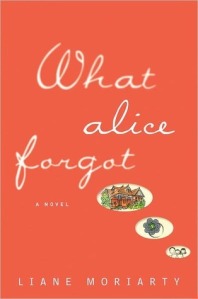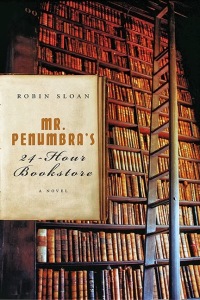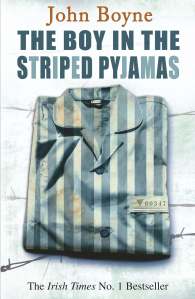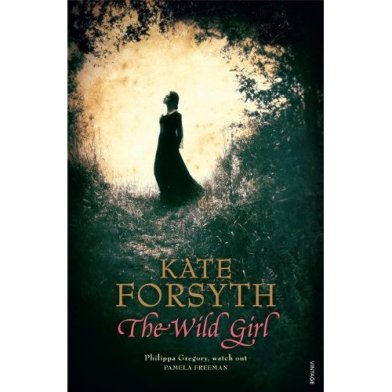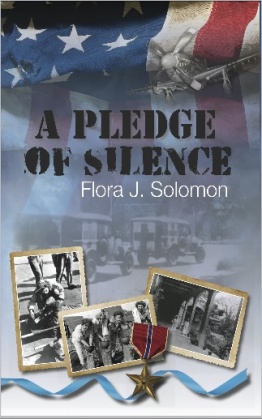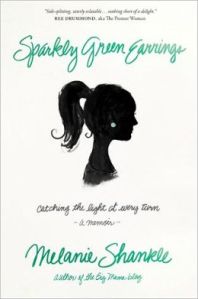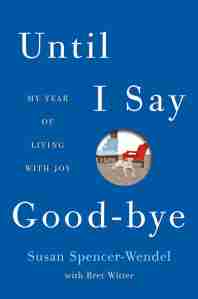As I sit to write a review on this book, I’m still not sure how I feel about it exactly. And I suppose that’s ok with me.
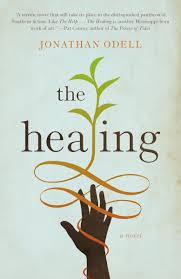 The Healing begins with Gran Gran helping Violet, a young girl who’s mother has just passed away. Gran Gran fears that Violet’s body will heal, but her mind will remain broken. The only thing that seems to calm her is hearing the old stories. So Gran Gran tells her story to the girl, beginning around the time of her birth as a slave. The book jumps backwards and forwards between the two time periods, always in a manner that is easily followed. The story captured me. The characters and I didn’t really speak the same language, but they made themselves understood nonetheless.
The Healing begins with Gran Gran helping Violet, a young girl who’s mother has just passed away. Gran Gran fears that Violet’s body will heal, but her mind will remain broken. The only thing that seems to calm her is hearing the old stories. So Gran Gran tells her story to the girl, beginning around the time of her birth as a slave. The book jumps backwards and forwards between the two time periods, always in a manner that is easily followed. The story captured me. The characters and I didn’t really speak the same language, but they made themselves understood nonetheless.
I’ve said before that I don’t like being told how to think about something, and I felt that way about this book. That I was being coached in the ways of Polly’s religion. Polly is a slave that bursts onto the scene when a doctor is needed for the slaves. The master buys her and then basically does whatever she tells him to do. In return, she heals a group of slaves that previously had no hope of survival. She takes Granada on as an apprentice and proceeds to teach her how to be herself. There are so many pearls of wisdom woven through this book; about being who you were created to be, not who you’ve been told you are; about freedom being something you find in your mind before it is realized physically; about family and belonging and healing. But, there was too much “my god is better than your god” for me to be completely comfortable.
Another thing that I often wonder with historical fiction is how much of people’s attitudes and thoughts are shaped by current standards and thoughts. There were so many times that I thought the slaves acted like servants rather than slaves. As if they had freedoms that I didn’t understand slaves to have.
But always I go back to the parts that I loved, and this line at the end when Gran Gran is describing a group of boys is one of my favorite things of all, “…self assured yet with faces fixed in innocent wonder. The Lord could show Himself at any second and they would see Him first, for He was already in their eyes.” Lines like this kept me reading in expectation. That Jonathan Odell would understand everyday things, while approaching them in a way that highlights something new and amazing.
